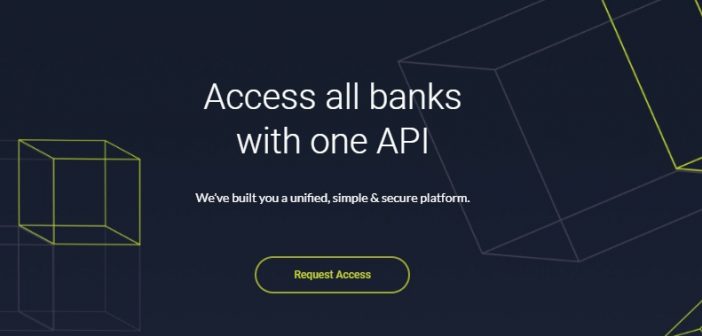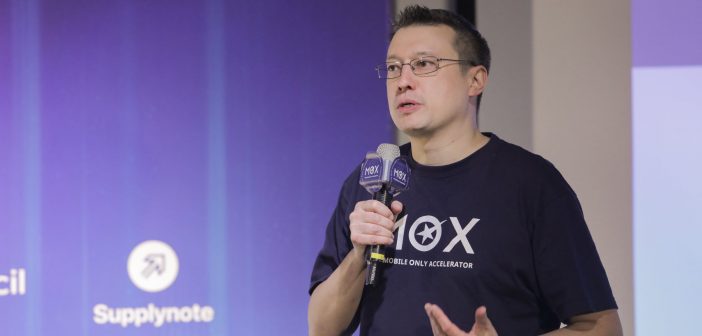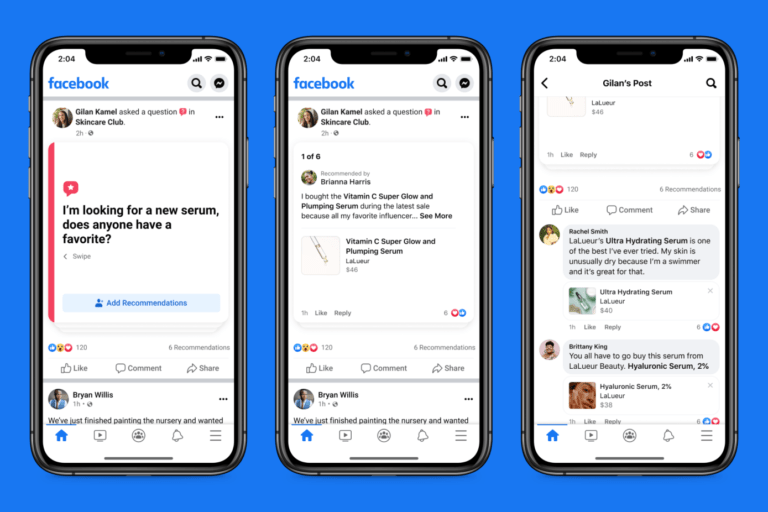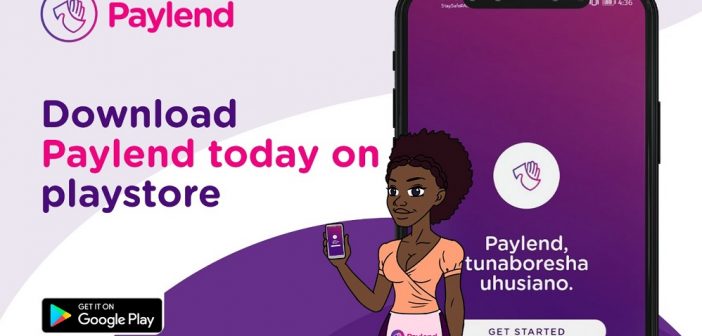These open banking startups are driving the next wave of fintech innovation in Africa

These open banking startups are driving the next wave of fintech innovation in Africa
Written by TOM JACKSON
All of a sudden, open banking is a very real phenomenon in Africa, with entrepreneurs and investors alike betting on the long-term opportunities within the nascent space.
First of all, what is it? Open banking is a practice that provides third-party financial service providers with open access to consumer banking, transaction, and other financial data from banks and non-bank financial institutions through the use of APIs and data aggregation services.
Once established, it will allow for the networking of accounts and data across institutions for use by consumers, financial institutions, and third-party service providers.
Widely considered a major innovation that is poised to reshape the banking industry, open banking is new everywhere, but in Africa it is starting entirely from scratch. In this year’s edition of Finnovating for Africa, Disrupt Africa tracks only six players in the space thus far, four from Nigeria and two from South Africa, yet it appears to be opening quickly, and is also attracting strong investor interest.
Those six ventures have already raised US$15,675,000 (1.8 per cent of fintech funding since 2015) between them, more than startups from more established verticals such as security and ID, investtech, personal finance, and education have in that time.
Why the interest? Firstly, the potential is undoubtedly significant, as a growing fintech ecosystem on the continent needs startups like these to bridge the gaps. Second, there is progress in the most developed markets, namely Nigeria and South Africa, hence why 100 per cent of open banking startups hail from these markets.
In Nigeria, an independent forum is looking at open banking standards, while in South Africa the Intergovernmental Fintech Working Group (IFWG), formed by, among others, the National Treasury and the Reserve Bank, is providing a platform for future engagements on open banking.
Global impact
Elsewhere in the world, open banking is progressing at pace. In the US, for example, President Biden recently signed an executive order instructing the Consumer Financial Protection Bureau (CFPB) to mandate new regulations giving consumers full control of their data, making it easier for them to switch lenders. The European PSD2 regulation for electronic payment services is pushing open banking forward there, too.
Paris Valakelis is co-founder of truID, an open finance platform that allows users to securely access consumer financial data from all major banks in South Africa. Formed in 2017, truID is the first of the six African open banking startups to have begun operations, and Valakelis is excited for the future.
“Open banking is a movement already in motion and one that’s picking up pace, eventually, it will become a unified open data framework, encompassing all consumer data safely and securely,” he said.
“The movement is a technological shift encouraging innovation, boosting market capitalisation, increasing financial education and improving customer experience, ultimately, the shift will result in an accelerated digital transformation of the financial market.”
Ope Adeoye is chief executive officer (CEO) of OnePipe, a Nigerian fintech startup that aggregates APIs from banks and fintechs into a unified gateway that makes partnerships seamless. He says developments overseas have demonstrated the opportunities open banking provides to fintech platforms.
“Globally, everywhere open banking or its variants have taken off, it has spurred a flurry of innovation and better specialised banking experiences. The coming of PSD2 in Europe gave rise to many neobanks targeting very specific customer segments with much more tailored propositions that increased consumption of banking and payment services,” he said.
“In India, the UPI was the game-changer that led to several products from Google, WhatsApp and other local participants. So, in general, open banking spurs innovation and increases the boundaries and reach of financial services.”
African potential
So can open banking be a “game-changer” in Africa too? Africa may appear to be so underpenetrated from a financial services perspective for banking, much less open banking, to be relevant. Yet that is not the case.
Andrew Ma is chief operating officer (COO) of South Africa’s Stitch, which has developed an API that allows developers to connect apps to financial accounts within minutes. He says the current financial landscape is ripe for open banking innovations that can capture the untapped potential of populations as a whole.
“Lacking robust distribution channels and infrastructure that can reach populations outside of urban sectors, banks have a unique opportunity to collaborate with and open up their services to financial technology players who can help amplify their reach,” he said.
There is a need for caution, however. Valakelis believes Africa has “immense potential” as a market, but due to regional divides and governance, driving adoption and truly fulfilling the aims of an open banking framework will be a challenge.
“As a platform and as a market, we’ve seen a massive appetite from fintechs looking to move into the financial space, though, as a continent, Africa is very set in its ways so we must tread carefully to avoid upsetting the balance,” he said.
“Whilst Africa has potential, as a collective industry caution needs to be applied to ensure nuances between regions are managed in partnership with local governance and ensuring we don’t widen the divide between those with access to banking technology and those without.
We have the belief that open banking should be there to serve everyone, not just the fortunate few. Open banking regulation across the world, at its core, is designed to empower all consumers, not to further drive the inequality gap and undermine financial inclusion efforts.”
Fara Jituboh is CEO of Nigerian startup Okra, another open finance platform that enables businesses and developers to build personalised digital services and financial products for customers. She agrees there is lots of potential in Africa for open banking and open finance, but says there is a funding gap.
“Open banking in its original form isn’t cheap and scalable for the African market. For context, top UK banks spent millions in pounds to open up their APIs,” she said.
“Further, Africans access finances through various means – beyond banks. Sticking with open banking alone would lock out such people. So, for Africa to unlock the potential of open systems we need to leapfrog to open finance. It’s the reason why at Okra we focus on that approach – which is cheaper and far more diverse.”
Current state of play
Potential then, though with some caveats. But what is the current state of play in Africa? “Nascent” is the word thrown around.
“For the most part, the banking sector continues to be locked away behind closed gates as most banks seek to serve the most profitable sliver of Africa’s population,” Ma said.
“Moreover, most regulatory regimes continue to treat third-party open banking players as security and exposure risks, and warn consumers against use of products enabled by them.
As a result, most third-party financial providers have had to work in isolation of the banks to create access to underlying user data and transactions capabilities, drastically reducing their potential and ability to meet customer needs.”
Valakelis, however, says the level of progress makes for an encouraging prospect of a solidified framework across Africa.
“The frameworks in development within Africa will take a few years to materialise, however, we believe the telecommunications companies will play an important role in driving financial inclusivity within the sector,” he said.
“Primarily, this change will be focused in regions across Africa where the number of individuals with access to a bank is low but the mobile penetration rate is high. Regulators will need to move quickly in order to adjust and reassess the frameworks being developed and based on banking data.”
A copy-and-paste approach from other territories, then, won’t work, but once a relevant approach is identified, the potential for growth is sizeable.
“As African populations increasingly demand financial services on platforms that serve them, and products in ways that reach them, open banking will see explosive growth and adoption across the continent,” Ma said.
“Regulatory authorities, banks, and financial technology providers alike will come together to ideate new frameworks to regulate the access of data and banking services by third parties. It is through this nexus of government, systemic players, and innovators that an exponential increase in distribution and adoption of new financial products will be made possible.”
Filling the funding gap
African open banking startups have already started as they mean to go on from a fundraising perspective, with all six of those identified in Finnovating for Africa having secured capital. Yet they will believe there is more to come, especially given international trends. Valakelis said the level of support and interest in the sector was “overwhelming”.
“This is evidenced by major financial players such as Visa putting $2.1bn on the table to purchase the European open banking platform, Tink. It’s not just acquisitions either. Plaid, the San Francisco-based platform, is valued at US$14 billion after significant funding, and other platforms are following suit, raising upwards of US$500 million in funding rounds.
All of these major investments indicate that open banking is not just a single product, it’s a global framework set to disrupt the financial sector for the long term,” he said.
“On the continent, however, open banking investment is at a nascent stage but startups are already raising tens of millions of dollars, a clear sign of potential.
Data aggregation is just the foundation of what open banking infrastructure enables, the next multi-million-pound funding rounds will originate from the use-cases the data rails will enable.
The entire ecosystem is going through both a technical and regulatory shift, unlike anything it’s been through before, and fortunately, it’s just the start.”
Ma too cites the Tink and Plaid deals as evidence of global investor interest, and expects that to translate to Africa.
“We’re excited at how much inbound interest we’ve seen in the space by world class investors. The space has really attracted a huge amount of global attention and we’re seeing that increase each month. This interest will only continue to grow as open banking is adopted as a mainstream technology across jurisdictions in Africa,” he said.







